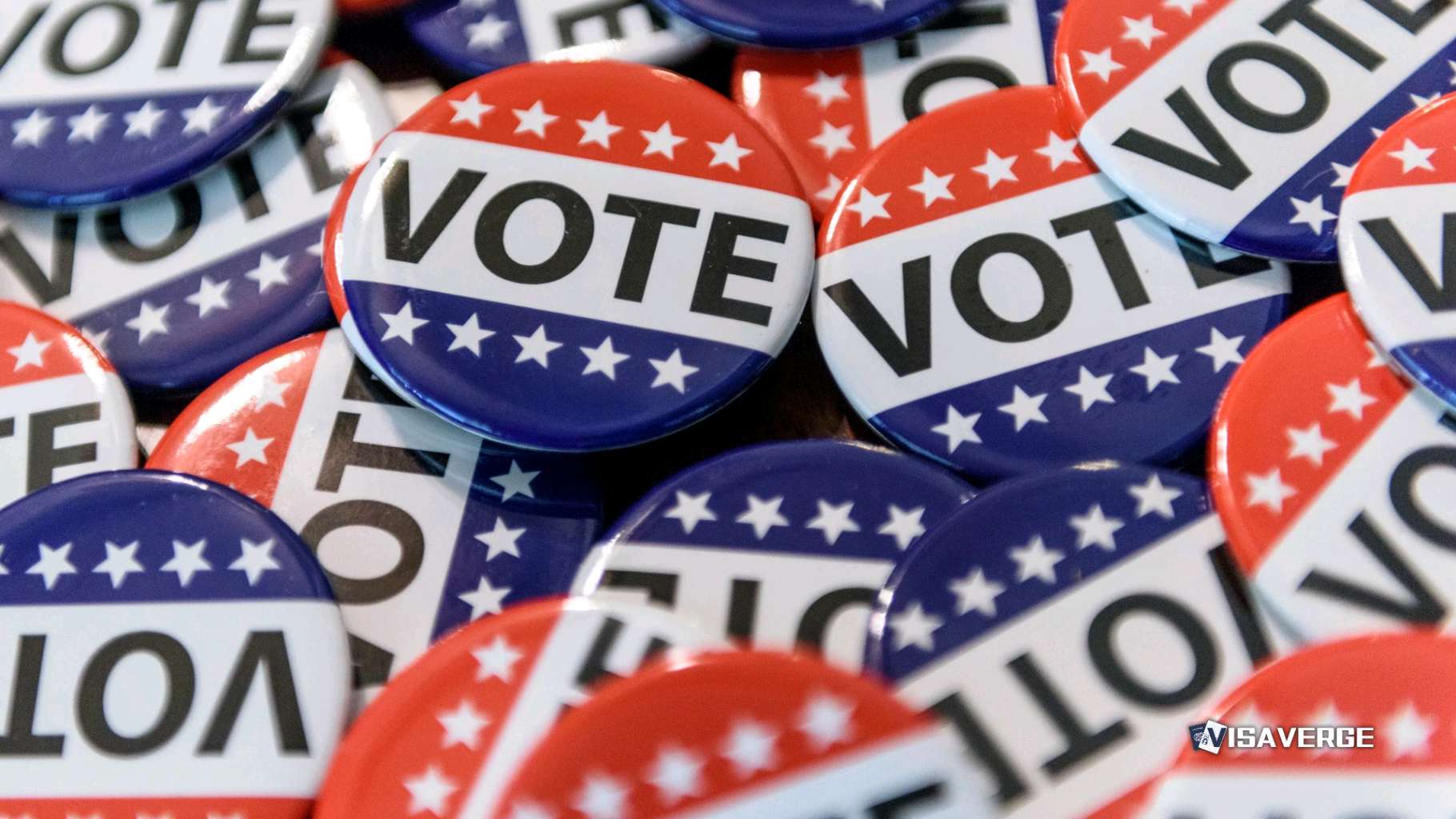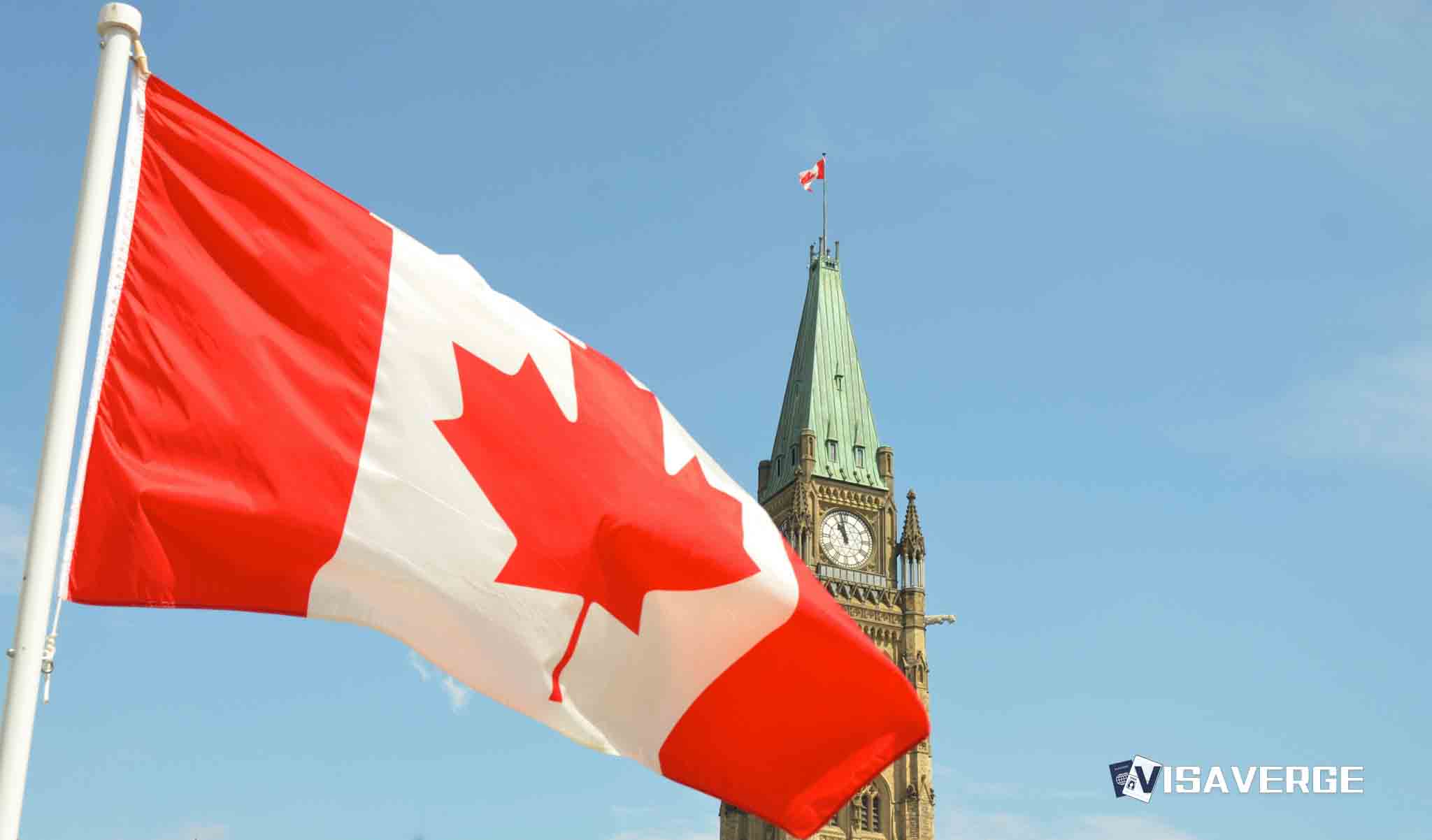Key Takeaways
- U.S. voting rights debate centers on citizenship requirements, causing friction between Democrats and Republicans on election integrity concerns.
- Republican-led bill mandates citizenship proof, despite rare noncitizen voting; faces opposition and uncertain Senate future.
- Democrats warn tighter voting laws may disenfranchise citizens; focus on inclusivity, opposing unnecessary security measures.
The debate over voting rights in the United States has become more heated in recent years, particularly around the idea of citizenship as a requirement for voting. This topic is causing friction between Democrats and Republicans and has become a focal point in legislative discussions and public opinion. At the core of this debate is the question: should noncitizens be allowed to vote, especially in local elections? How might this influence the integrity of broader electoral processes?
Recently, the U.S. House of Representatives, primarily led by Republicans, passed a bill requiring proof of citizenship for anyone wishing to register to vote. This is seen as a response to fears about noncitizen voting. However, it’s important to point out that cases of noncitizens voting are extremely rare. Despite this, the bill faces an uncertain future in the Senate, which is controlled by Democrats. Many lawmakers, along with President Biden’s administration, strongly oppose this legislation. They argue that sufficient safeguards against noncitizen voting already exist and that more stringent requirements could prevent eligible voters from participating due to lacking proper documents.

From the perspective of the Democrats, pushing for tighter voting requirements is seen as unnecessary and potentially harmful. They underscore that noncitizen voting in federal elections is already illegal, with serious consequences for those who break the law. Additionally, millions of U.S. citizens might find it hard to provide documents to prove their citizenship, such as birth certificates or passports. This challenge is particularly pronounced among certain groups like military personnel stationed overseas, married women who have changed their last names, Native Americans with tribal identification, and people who have lost documents in natural disasters.
On the other hand, Republicans highlight concerns about election integrity, focusing on the potential threat posed by noncitizen voting. Many, including former President Donald Trump, have been vocal in expressing these worries. However, there is little proof to support claims of widespread noncitizen voting. Nonetheless, this narrative is gaining momentum in conservative media and online platforms, leading to increased public doubt about election security.
In several states, Republican leaders have introduced measures that require individuals to show proof of citizenship when registering to vote. These efforts are part of broader strategies to ensure the security of elections, motivated by fears of potential fraud. The anxiety over noncitizen voting isn’t new. It has historical roots that date back to times of significant immigration and demographic changes. Such concerns tend to resurface during periods of political stress and when there are noticeable immigration patterns. Recent polls suggest that many voters are worried about the possibility of noncitizen voting, although these concerns are more prevalent among Republicans than Democrats.
Across various states, legal challenges to voter registration laws, particularly those aimed at preventing noncitizen participation, have become more common. These lawsuits often arise close to election times, leading to debates on their timing and purpose. Critics often argue that such legal actions are more about stirring up doubt than addressing legitimate issues.
In states like Wisconsin, voters are being asked to decide on changes to their constitutions that would explicitly ban noncitizen voting in state elections. This reflects a larger trend where state-level initiatives aim to strengthen citizenship requirements against the backdrop of national debates.
As this debate continues, the implications for future U.S. elections are significant. If laws requiring proof of citizenship become widely adopted, they have the potential to change voter turnout dynamics. This could happen by inadvertently excluding eligible voters who lack the necessary documents. Conversely, supporters claim that such laws are essential for upholding election integrity and maintaining public trust.
The ongoing push to change or maintain citizenship requirements for voting remains a highly debated topic in American politics. As both Democrats and Republicans continue to voice their arguments, the outcome of this debate will likely influence the electoral scene for years to come. While Republicans are focused on concerns about security, Democrats emphasize the importance of inclusivity and the prevention of voter disenfranchisement. The final decision on this important issue will depend on legislative action at both federal and state levels and will be significantly influenced by public opinion shaped by current political narratives.
For those interested in learning more about voting rights and election laws, the U.S. government provides comprehensive resources available at USA.gov. Additionally, analysis from VisaVerge.com emphasizes the ongoing impact of these debates on both local and national elections. Understanding the gap between fear and reality is crucial as this debate continues to shape the political landscape. Indeed, striking a balance between securing elections and ensuring everyone who is eligible can vote is complex, but necessary, for a functioning democracy. As citizens, being informed and engaged will be key as this issue evolves in coming years.
Learn Today
Citizenship: A legal status granting an individual the rights and duties of a national of a particular country.
Noncitizen voting: The participation of individuals without citizenship status in voting processes, primarily in local elections.
Electoral integrity: The assurance that electoral processes are conducted fairly, transparently, and free from undue influence or fraud.
Voter disenfranchisement: The systematic exclusion of eligible individuals from having the right to vote or making voting difficult.
Proof of citizenship: Documents or evidence required to demonstrate legal citizenship status, often necessary for voter registration.
This Article in a Nutshell
The U.S. voting rights debate intensifies over citizenship requirements. Republicans push for proof of citizenship, citing election security, despite noncitizen voting being rare. Democrats argue it could disenfranchise voters lacking documents. The issue highlights a tension between election integrity and voter inclusivity, shaping the political landscape’s future voting dynamics.
— By VisaVerge.com
Read more:
• Guide to NRI Voting Rights for 2024 Lok Sabha Elections
• Maintaining US Voting Rights While Abroad: Guide for Expats in the UK
• The Impact of Brexit on EU Citizen Voting Rights in UK Local Elections
• Brexit’s Effect on UK Expat Voting Rights in EU Elections
• Tennessee’s Citizenship Sign Mandate at Polling Stations








